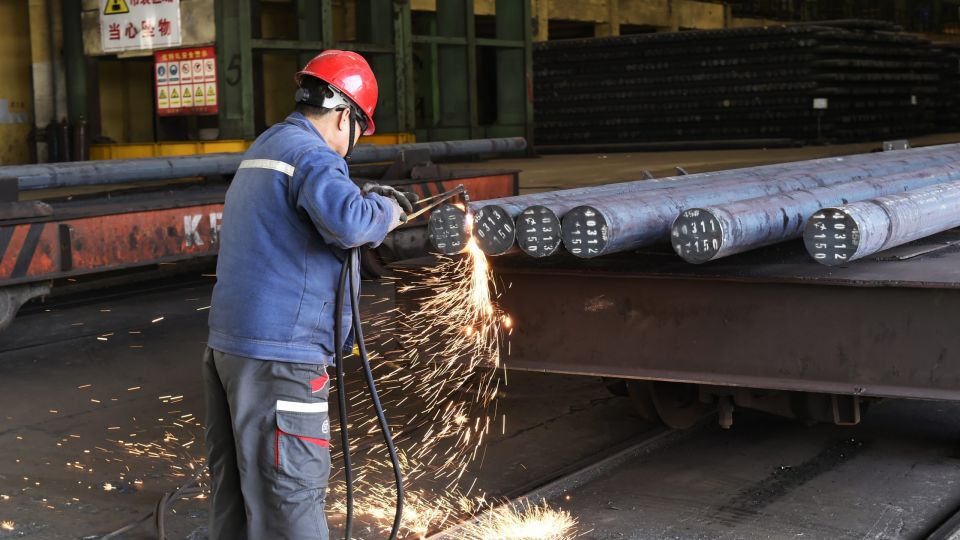May 10, 2019
Talks are set to continue in Washington on Friday.
Chinese Vice-Premier Liu He said on Thursday that he came to Washington with sincerity to engage in “rational and candid” exchanges with the US to resolve some of their disparities.
Liu, also a member of the Political Bureau of the Communist Party of China Central Committee and chief of the Chinese side of the China-US comprehensive economic dialogue, said that raising tariffs is harmful to China, to the US, and to the whole world.
“The Chinese side believes raising tariffs is not a solution to the problems,” he told the media upon his arrival on Thursday afternoon.
Liu was here to attend the 11th round of China-US high-level economic and trade consultations, scheduled to end on Friday. The negotiations, following the talks in Beijing a week ago, came four days after US President Donald Trump’s tweeted threat on Sunday to increase the tariff rate from 10 to 25 percent on $200 billion worth of Chinese goods.
Liu said that the fact that he came this time despite the pressure indicates the utmost sincerity of the Chinese side.

Earlier on Thursday in Beijing, China’s Ministry of Commerce spokesman Gao Feng also said Liu’s visit to the US shows China’s “responsible attitude toward and sincerity in advancing consultations”.
Gao said the Chinese side hopes that the US can resolve existing economic and trade issues with China through cooperation and consultation, to the benefit of all, instead of through tariffs.
Noting that no one wins in a trade war, Gao said China hopes the US will address trade issues through dialogue rather than unilateral measures. The peaceful resolution of the trade tensions meets the expectations of the entire world.
China has always kept its promises, Gao told reporters. “Negotiation is a process of exchanging opinions, solving problems and reaching consensus. It is normal for both sides to have different views.”
Also on Thursday, Foreign Ministry spokesman Geng Shuang said China hopes the two countries can meet halfway and achieve a mutually beneficial trade agreement on the basis of respecting each other.
The planned US tariff increase on $200 billion worth of Chinese imports from 10 percent to 25 percent starting on Friday was filed by the Office of the US Trade Representative, and the filing appeared on Wednesday in the Federal Register.
The Ministry of Commerce announced late on Wednesday that China will have to take necessary countermeasures if the US tariff increase takes effect.
Beijing opposes unilaterally imposed tariffs, and will be fully prepared to defend its interests in resolving trade disputes, Gao said. “China will not succumb to any pressure,” he said.
US business communities described the planned US tariffs targeting China as the worst outcome and urged the government to avoid escalating tensions and wrap up negotiations with China.
In what could easily be described as the worst outcome for US soybean growers, the Trump administration confirmed what the industry has feared for months, the American Soybean Association said in a statement.
In another development, the Ministry of Commerce announced on Thursday that China will continue reviewing the anti-dumping measures against a special category of steel pipes imported from the US and the European Union. During the scheduled one-year review period starting on Friday, the anti-dumping duty for certain US steel products will remain at 14.1 percent, while that for EU products will be 13 to 13.2 percent.


